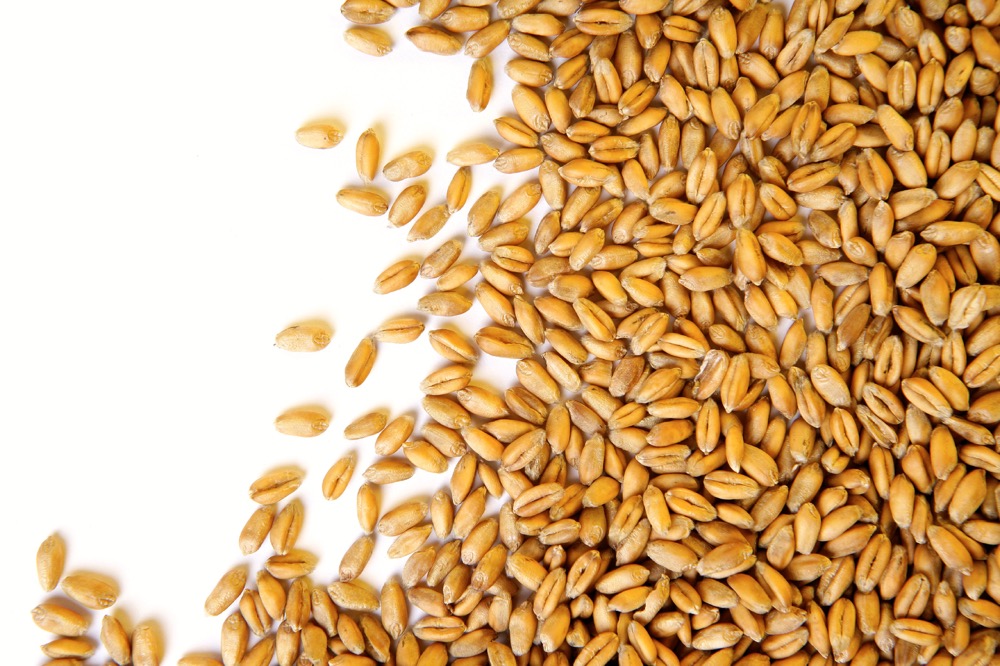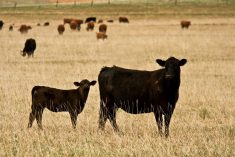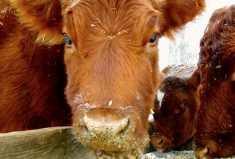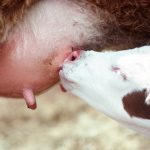Compared to last week, western Canadian yearling prices were unchanged to $4 higher. Mid-weight feeders from 660 to 750 pounds traded $2 to as much as $6 higher on average. Feeder cattle in the 550- to 650-lb. range traded $4 to as much as $10 higher. Feeder cattle under 550 lbs. were up $10-$20 depending on the region. Top genetic feather-light bawlers were hot.
Tight feed grain supplies continue to temper the upside in 800-plus-lb. cattle. Despite the positive outlook for fed cattle during the summer months, some operations are on the sidelines and will remain there until rail delays are alleviated. It’s a very difficult situation. For mid-weight categories, there appears to be solid buying interest because these cattle can take on more forage early in the feeding period. If the feedlot extends these cattle into August and September, the final pounds will be put on with lower cost inputs. Demand for grass-quality cattle has surged over the past couple of weeks. U.S. and Ontario demand has contributed to the stronger price structure. Canadian feeder cattle exports to the U.S. for January are estimated at 14,000 head, up from 4,100 head during January of 2021. The bulk of these cattle are light-weight feeders.
Read Also

IGC raises 2025/26 world wheat crop forecast
The International Grains Council has raised its forecast for 2025/26 global wheat production with crop outlooks upgraded for Russia, the United States and Argentina.
In central Alberta, medium- to larger-frame 900-lb. mixed steers with full health records on light grain ration sold for $185. Larger-frame lower-flesh Charolais-blended heifers averaging 860 lbs. on light barley ration with full health papers were quoted at $177. In central Saskatchewan, larger-frame medium-flesh Simmental-based steers averaging just over 970 lbs. reportedly sold for $184. Northwest of Winnipeg, red mixed steers weighing 885 lbs. were quoted at $190 and Charolais-based heifers weighing 900 lbs. were valued at $189.
In southern Alberta, Hereford-based steers weighing just over 700 lbs. were valued at $203 and northeast of Calgary, Limo-based steers weighing 705 lbs. were quoted at $200. In southern Manitoba, Charolais steers weighing 530 lbs. were quoted at $230 and 550-lb. Angus blended heifers were valued at $191. Near Lethbridge, a small group of black steers weighing 475 lbs. were quoted at $259; in northwestern Manitoba, black steers weighing 400 lbs. dropped the gavel at $470.
Alberta packers were buying fed cattle on a dressed basis at $265-$275 delivered, up $5 on average from last week. Margins are deep in red ink on average pen closeouts. The Alberta feedlot operator is facing high feed grain prices and an extremely wide fed cattle basis. The U.S. feedlot situation is the reverse. Operations in the southern U.S. Plains have a positive margin structure which includes manageable feed grain supplies and average fed cattle basis.
— Jerry Klassen is president and founder of Resilient Capital, specializing in proprietary commodity futures trading and market analysis. Jerry consults with feedlots on risk management and writes a weekly cattle market commentary. He can be reached at 204-504-8339 or via his website at ResilCapital.com.













